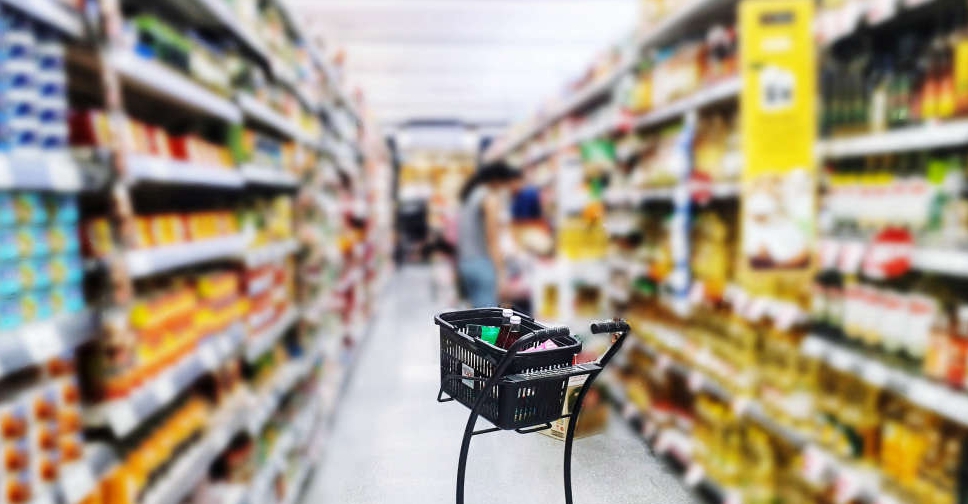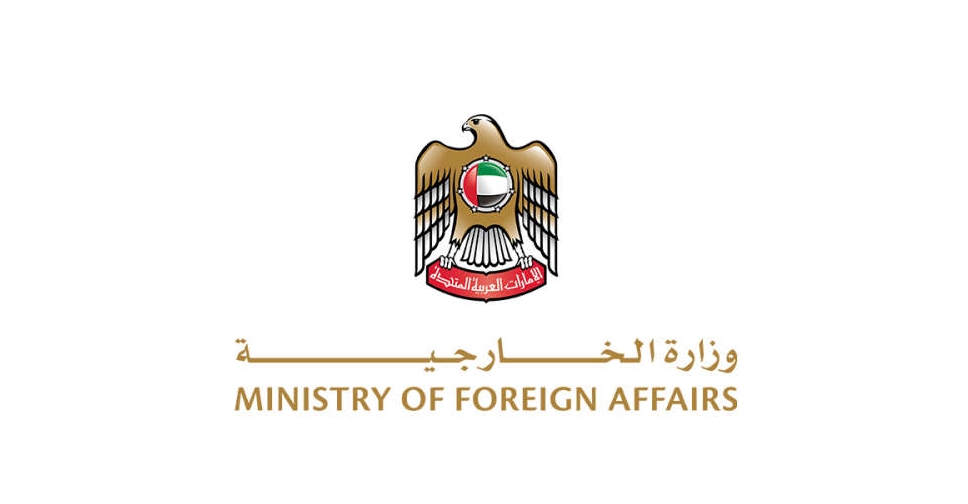
The UAE's Ministry of Economy (MoE) has approved a policy that allows suppliers to revise pricing of basic consumer goods.
Under this scheme, goods will be divided into two main groups - one that will need approval and the other that is based on "supply and demand variations".
The ministry explained that for the first category the suppliers will have to submit "all evidence and data" to prove the rise in import costs so the right "percentage of the hike" can be determined. It will cover more than 11,000 commodities including fresh and dry milk, fresh chicken and eggs, bread, flour, sugar, salt, rice and legumes, cooking oil, mineral water and others.
The second category is exempt from prior approval and are chosen "based on their abundance, high price competitiveness and number of suppliers". It will include a limited category of goods like biscuits, chocolates, confectionaries of all kinds, some cheese products, frozen food products, juices and ice cream, tea, coffee, cocoa and its products, wheat, oats, potato chips, and household cleaning materials and tools".
The ministry stressed that any unjustified price hike will be met with legal implications, adding that regular monitoring of 300 most sought-after basic commodities in the market and 40 outlets and cooperative societies will continue.
These will include 11 main categories - fish and seafood, meat and poultry, bread, grains and related products, dairy, eggs, oils, vegetables and fruits, water, juices and cleaning materials.
The ministry added that it's working towards developing a shared digital database for commodity prices in GCC markets to ensure flexible, fast and continuous price comparisons and also matches them with the FAO International Price Index.

 UAE President, Kuwait Emir discuss efforts to strengthen Gulf cooperation
UAE President, Kuwait Emir discuss efforts to strengthen Gulf cooperation
 UAE condemns attack on Saudi forces in Yemen
UAE condemns attack on Saudi forces in Yemen
 H.H. Sheikh Mohammed approves AED3.7 billion Dubai internal roads plan
H.H. Sheikh Mohammed approves AED3.7 billion Dubai internal roads plan
